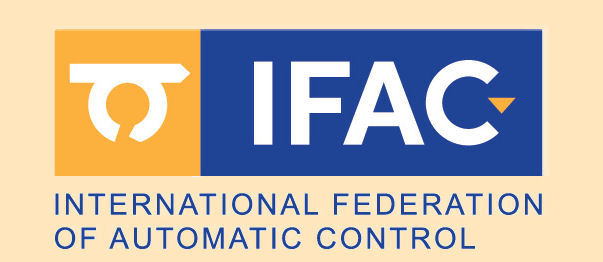| Paper ThuS3T4.3
Das, Dwijasish (Delft University of Technology (TU Delft)), Rueda, Jose L. (Delft University of Technology)
EMT Model of 20-MW Wind Generator for Real-Time Simulation of HVDC Networks
Scheduled for presentation during the Regular Session "Wind and wave energy production systems" (ThuS3T4), Thursday, July 11, 2024,
16:10−16:30, Session room 4
12th IFAC Symposium on Control of Power & Energy Systems, July 10-12, 2024, Rabat, Morocco
This information is tentative and subject to change. Compiled on December 16, 2025
|
|
| Keywords Power Electronics Control, Converter Modeling, Simulation and Control
Abstract
As modern trends demand efficient methods to massively and promptly exploit clean energy, there is an urgent need of solutions that can help the ambition of accelerating the development and integration of larger scale energy systems with the capacity to extract, store, and utilize huge amounts of renewable energy sources. In view of this, the rated power output of the wind generation technology is expected to significantly increase in the near future to enable multi-gigawatt roll outs, e.g. the European plans for offshore infrastructure development in the North-Sea. Besides, gigantic energy systems shall transmit the power to onshore interconnected systems via HVDC transmission. This paper introduces an EMT model of a 20 MW wind generation system with the conventional back-to-back converter replaced by a combination of an AC to DC converter and a DC to DC converter. While the need of such systems is acknowledged in the literature, the design and performance analysis of high power implementation of such systems have not beenn addressed yet. The proposed system operates at a voltage level of 100 kV, which can directly transfer power through HVDC interconnection. The designed control aspects are outlined and the resulting dynamic response obtained from real-time digital simulation (RTDS) are discussed. The presented wind generator concept can help in reducing the size of a planned energy system by requiring lesser system components. Also, the system efficiency can be enhanced by decreasing the number of power conversion stages.
|
|


 This site is protected by copyright and trademark laws under US and International law.
This site is protected by copyright and trademark laws under US and International law.